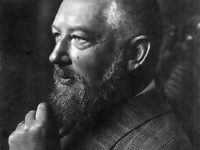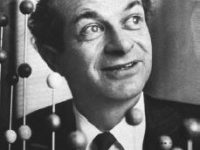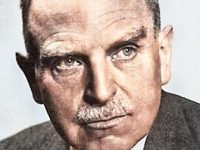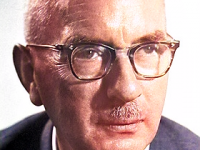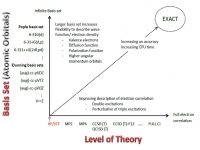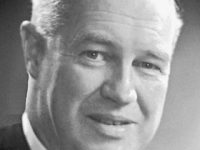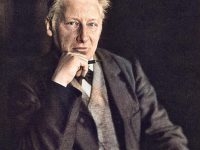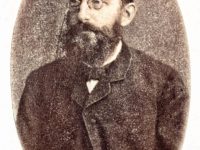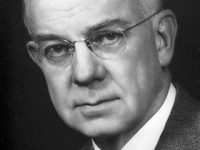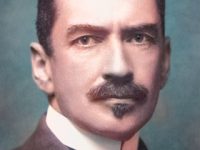Wilhelm Ostwald and the Foundation of Modern Physical Chemistry
On September 2, 1853, Baltic German chemist and Nobel Laureate Wilhelm Ostwald was born. He is credited with being one of the modern founders of the field of physical chemistry and received the 1909 Nobel Prize in Chemistry for his work on catalysis, chemical equilibria and reaction velocities. „Katalyse ist die Beschleunigung eines langsam verlaufenden chemischen Vorgangs durch die Gegenwart eines fremden Stoffes.“ – Wilhelm Oswald, 1894 Wilhelm Ostwald – Early Life…
Read more

